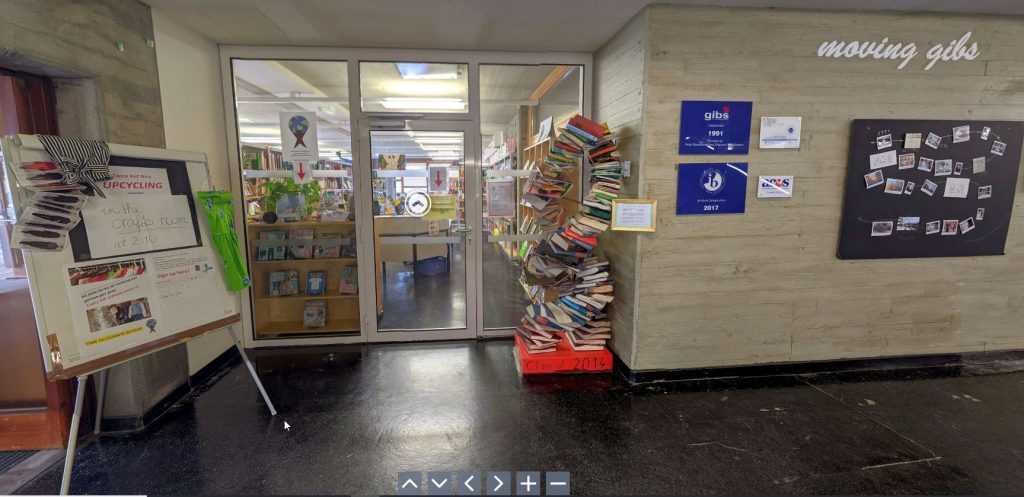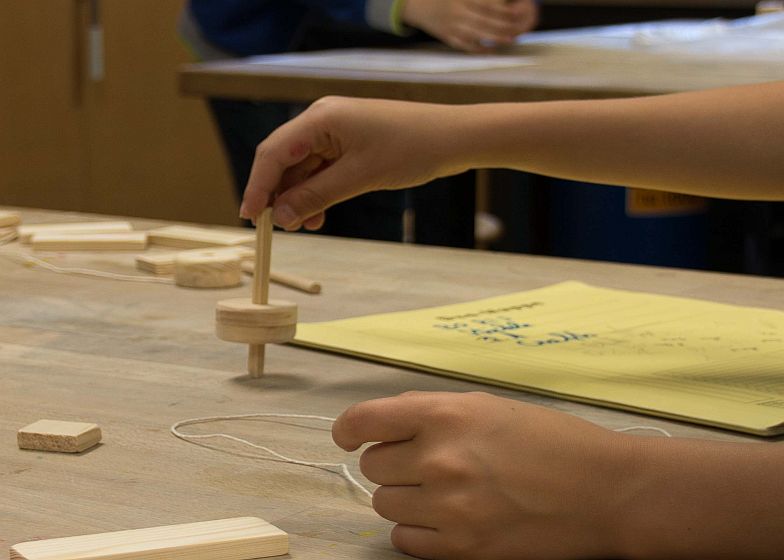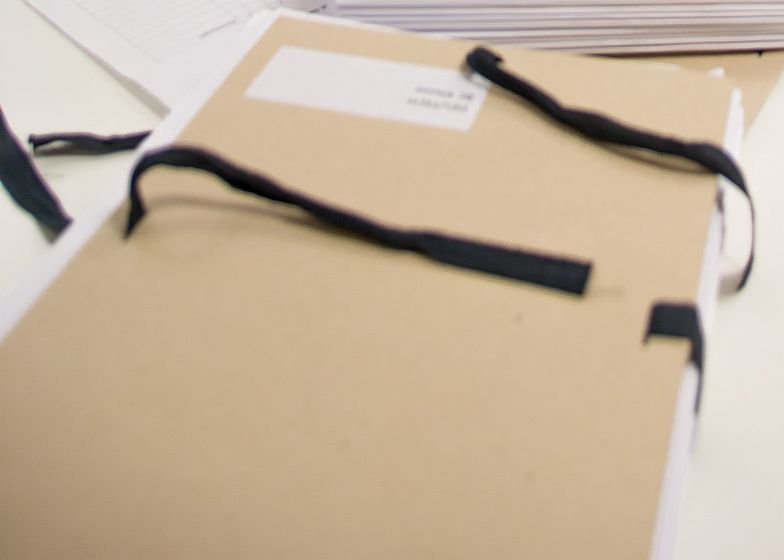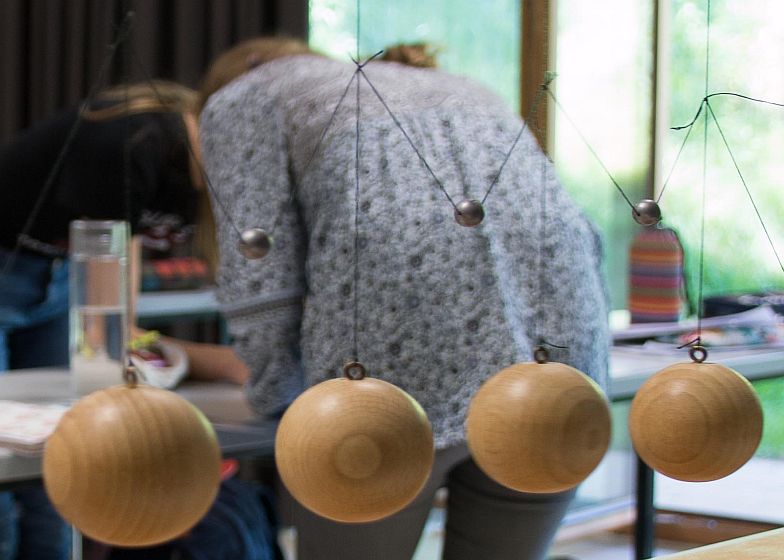Tour created by Andreas Schuch.
Student contribution credits: Kaspar Benedikt, J. Brandt, Lizzy Hughes, Simon Janser, Miriam Krenn, Sofia Maiberg, Lea Meßner, Christian S., Ailish Schreiner, Kai-Henrik Steinbrenner, Jakob Suffa, L. Wassilikos, J. Wendt






